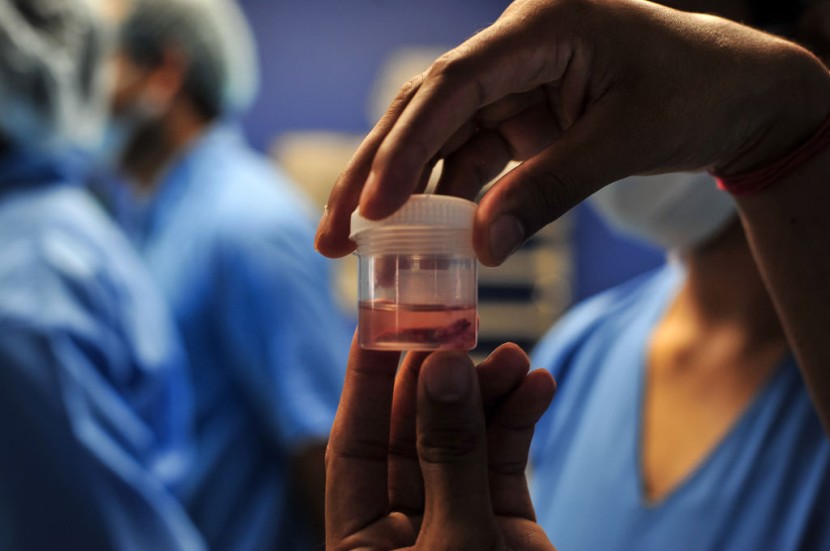
India is now battling a new epidemic that leaves many of its victims blind, noseless, or without jaws.
Health officials in India have reported 45,374 cases of the rare and dangerous mucormycosis. The disease, which is also referred to as "black fungus," is a highly aggressive disease that has forced many surgeons to remove the eyes, nose and jaw from patients in an effort to prevent it from spreading to the brain.
Black Fungus Epidemic
"If it involves the sinus, they have to be cleared. If it involves the eye - the eyeball, lids, muscles around the eye have to be removed, leaving behind the bare, bony socket," Dr. Akshay Nair, an oculoplastic surgeon treating mucormycosis patients, told The Washington Post.
The fungus, which has been prevalent in India even before the COVID-19 pandemic, has a 50% mortality rate. The disease blocks blood flow, which kills infected tissues. These necrotic tissues create the black discoloration on people's skin.
An anti-fungal injection is the only drug effective against the disease. However, hospitals across India are experiencing a shortage in the drug's supply. The treatment also has to be administered for at least three to five weeks after the surgery.
This has led some patients to turn to leech therapy, an Ayurvedic treatment, in hopes of finding a cure to black fungus.
Leech therapy is an ancient practice that uses the blood purification process to let toxic blood out of the body. Medical leeches suck impure blood and release enzymes that could help boost a patient's immunity.
Treating the Disease
While health experts do agree that leech therapy may work against black fungus, they noted that the results depend entirely on the extent of the patient's condition. Some also noted that there has yet to be any medical literature that supports the use of leech therapy in mucormycosis patients, as reported by The Indian Express.
India has previously only dealt with an average of 20 mucormycosis cases every year before the COVID-19 began. Doctors are now attributing the sudden balloon of black fungus infections to the use of steroids to treat patients with the novel coronavirus, according to France 24.
Steroids reduce inflammation in the lungs caused by COVID-19. It also prevents some damage caused by an override of the immune system. However, the drug also reduces an individual's immunity and causes a surge in blood sugar levels.
As of Thursday, the Indian states of Maharashtra and Gujarat were considered as worst affected across the nation, reporting 1,785 mucormycosis deaths in total. Health experts believe the figures could be massively undercounted.
"Typically, deaths in mucormycosis occur weeks to months after getting the disease. Our present systems are not good to capture that data," Dr. Raghuraj Hegde, an eye surgeon in Bangalore, told BBC.
India's epidemic comes as the country still struggles amid the COVID-19 pandemic. Several research models and data suggest that India's COVID-19 death toll could range between 1.3 million to 5 million, according to Bloomberg.
Related Article:








